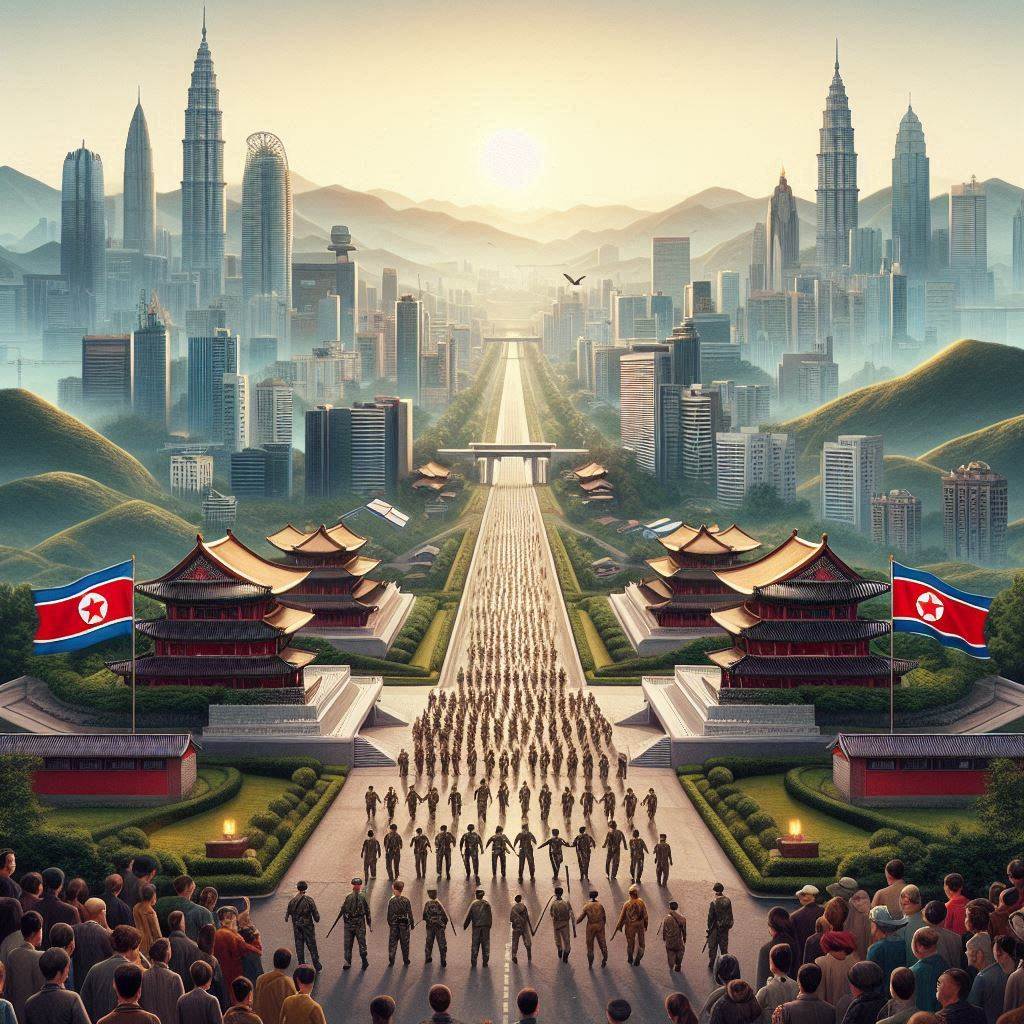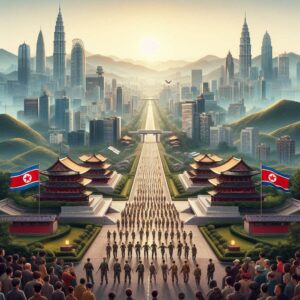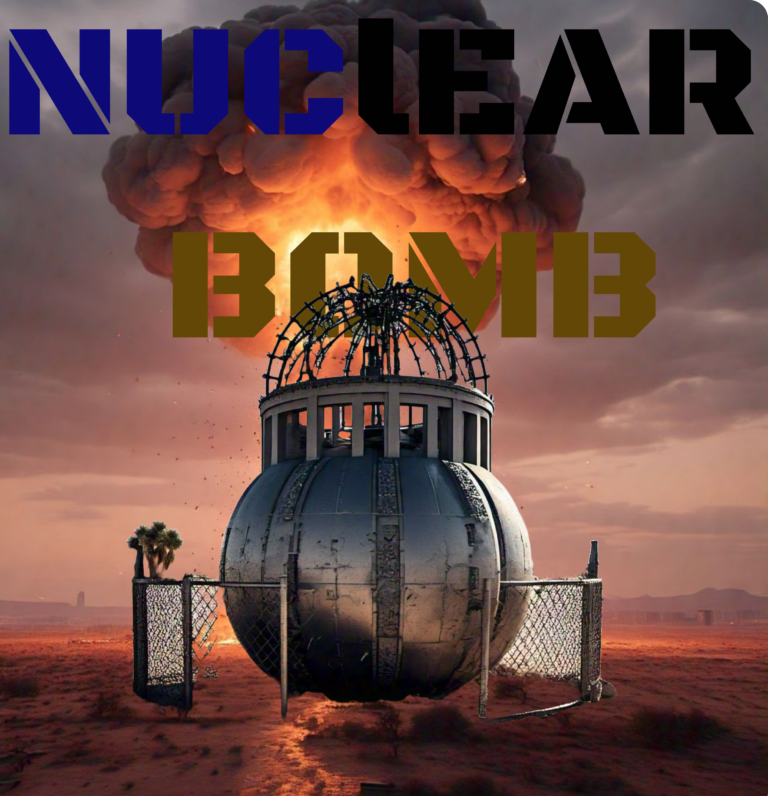
Despite having a similar history, culture, and language, North and South Korea are two quite distinct countries today. After World War II ended in 1945, the once-unified Korean Peninsula was split, and the Korean War (1950–1953) further cemented the division. These nations now stand for two diametrically opposed systems: the democratic capitalist South and the dictatorial communist North. Let’s examine some of the main distinctions between these two countries’ economies, societies, cultures, and systems of government.
Systems of Politics
The political systems of North and South Korea differ greatly from one another. Since the nation’s inception in 1948, the Kim dynasty has held sway over North Korea, which is formally known as the Democratic People’s Republic of Korea (DPRK). Third in line for leadership is Kim Jong-un, the leader in place at the moment. The Workers’ Party of Korea, which rules the nation, has complete control over all facets of life, and any opposition is severely suppressed.
The Republic of Korea (ROK), the official name of South Korea, is a democratic country with free elections and a number of political parties. After years of military dictatorships following the Korean War, it has seen substantial political change.
Economic Disparities
Since the split, North and South Korea’s economies have drastically changed. The economy of North Korea is controlled by the state and is mainly isolated from the outside world. It has little economic growth and is mostly dependent on military spending and agriculture. Due to international sanctions over its nuclear weapons program, the nation frequently experiences food shortages and economic stagnation. The pursuit of nuclear weapons and a sizable standing military also strain North Korea’s economy by taking resources away from other areas.
However, South Korea has one of the most developed economies in the world. South Korea’s fast industrialization after the Korean War turned the impoverished agrarian nation into a high-tech industrial powerhouse. It’s home today.
Cultural and Social Disparities
In North Korea, the government has extensive control over residents’ lives including places of employment, residence, and travel. Juche, the ideology of the state, places a strong emphasis on independence and allegiance to the ruling family. Government-controlled media are the only sources of news, and access to information from the outside world is highly limited. Ordinary residents have almost little access to the internet, and even within the nation, their freedom of movement is restricted. Propaganda and education emphasize government allegiance, and opposition is not accepted.
South Korea, on the other hand, is among the technologically most evolved and linked societies in the world. The nation has a strong digital culture and widespread access to the internet. South
International Relations and the Military
North Korea has one of the biggest standing militaries in the world and is highly militarized. It is notorious for its nuclear weapons development and adheres to the Songun, or “Military First” doctrine. China is one of its few friends, and its hostile posture against the United States and South Korea significantly influences its foreign policy.
In contrast, South Korea boasts a highly skilled and contemporary military that is closely aligned with the United States. It has diplomatic ties with the majority of the world’s nations and takes part in international organizations. Although South Korea is actively engaged in international trade and diplomacy, the country’s foreign policy still heavily weighs the continuous conflict with North Korea.
In conclusion
North and South Korea are two very distinct countries, even though they have a similar history. South Korea has become a vibrant, democratic, and affluent nation, whereas North Korea is still isolated, dictatorial, and economically moribund. These two countries’ differences still influence how they see themselves and their role in the world.



